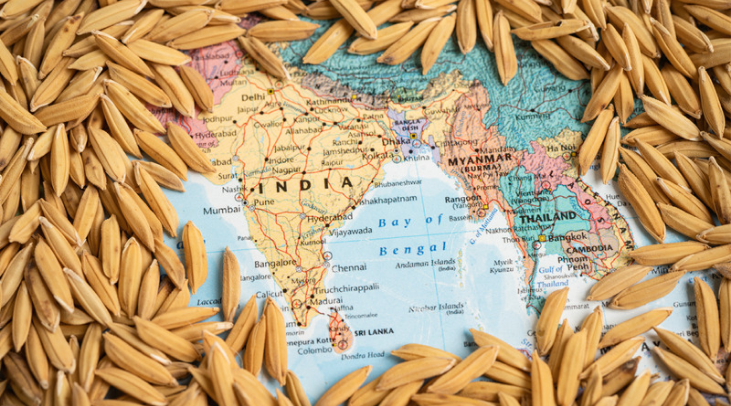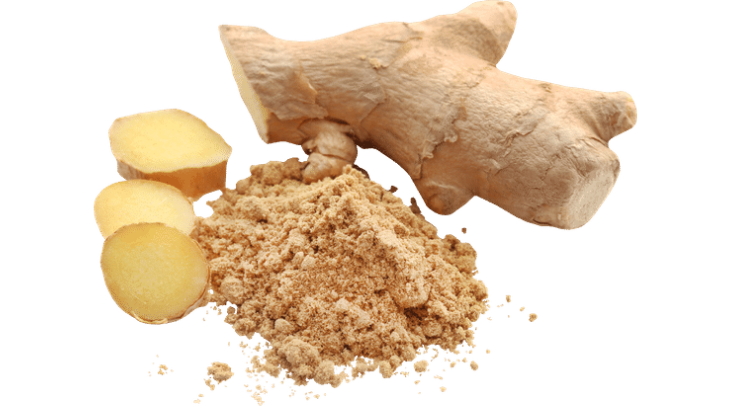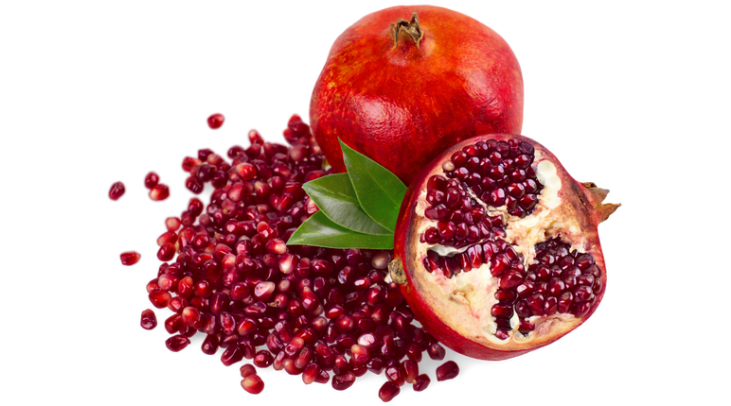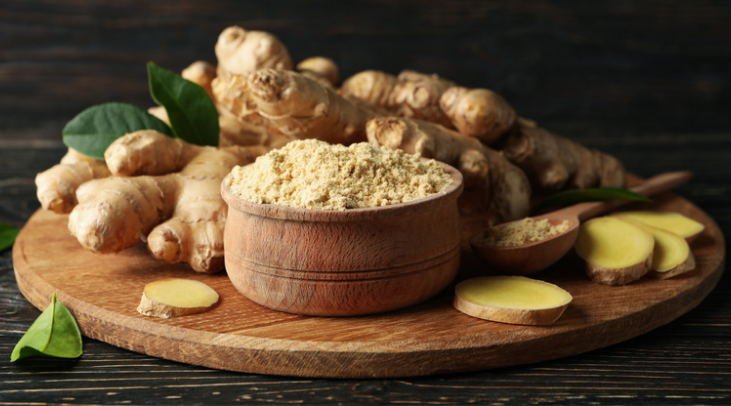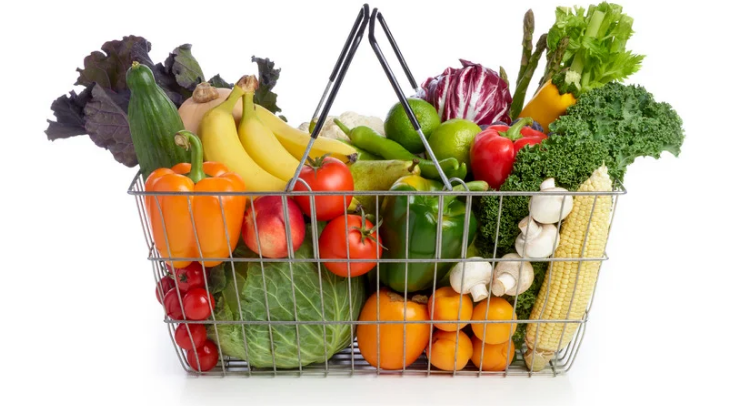The Increasing Demand for Disease-Free, Pesticide-Free Produce in Global Markets
In our health-focused society, the need for clean, disease-free, and pesticide-free produce is rapidly rising. Consumers worldwide are becoming more aware of the health dangers linked to pesticide-treated fruits and vegetables, prompting a notable shift towards organic and residue-free options. Let’s explore the factors fueling this trend and how innovative agricultural methods are adapting to satisfy this demand. Why Is Demand Increasing? 1. Health Awareness: With the rising incidence of lifestyle-related diseases such as diabetes, hypertension, and cancer, individuals are becoming more cautious about their diets. Pesticide-free produce is perceived as safer and healthier, lessening the chance of exposure to harmful substances. 2. Environmental Concerns: The use of pesticides and synthetic chemicals adversely affects human health and contaminates the soil, water, and air. As global awareness of environmental sustainability grows, consumers are opting for products that reflect eco-friendly farming methods. 3. Strict Import Regulations: Numerous countries, especially in Europe, North America, and the UAE, have enforced rigorous regulations regarding pesticide residue levels in imported produce, making it essential for exporters to comply. 4.Taste and Quality: Clean produce typically offers superior flavor, texture, and nutritional value, making it the choice of discerning consumers. 5. Pandemic-Era Awareness: The COVID-19 pandemic heightened concerns about food safety and immunity, increasing interest in hygienic and disease-free food options. How We Address the Demand At Freshly Picked, we are dedicated to meeting the rising demand for pesticide-free produce through innovation, sustainability, and a focus on quality. 1. Embracing Advanced Agritech: We implement state-of-the-art technologies like hydroponics and aeroponics, which negate the need for harmful pesticides, ensuring our produce remains clean, safe, and nutrient-dense. 2. Sustainable Farming Methods: Our farms utilize renewable energy sources like solar power, reducing environmental impact while maintaining high efficiency. 3. Rigorous Quality Control: From growing to packaging, we follow strict government and research protocols. Our produce undergoes thorough testing to confirm compliance with safe Maximum Residue Levels (MRL). 4. Empowering Farmers: By partnering with many farmers, we blend traditional knowledge with modern technology to cultivate high-quality fruits and vegetables. 5. Cold Chain Logistics: Our sophisticated logistics and cold storage systems preserve the freshness and quality of our produce, ensuring it reaches consumers in optimal condition, whether for local or international markets. Key Products That Stand Out Our top products, including ginger, Assam lemon, G4 chili, pomegranates, and rice, have become highly favored due to their exceptional quality and compliance with global safety standards. These items are flavorful and free from harmful residues, making them the preferred choice for health-conscious buyers around the globe. Join the Movement Towards Healthier Living The transition to disease-free, pesticide-free produce is not just a passing trend; it is an essential shift. As global citizens, we hold the responsibility to endorse sustainable and ethical farming practices that prioritize health, environmental preservation, and the future of agriculture. At Freshly Picked, we take pride in being a part of this movement, bringing farm-fresh produce to global markets while remaining committed to our principles of innovation, sustainability, and consumer safety. Experience the difference with Freshly Picked’s clean, safe, and high-quality produce. Together, let’s nurture a healthier, greener future.
The Increasing Demand for Disease-Free, Pesticide-Free Produce in Global Markets Read More »


